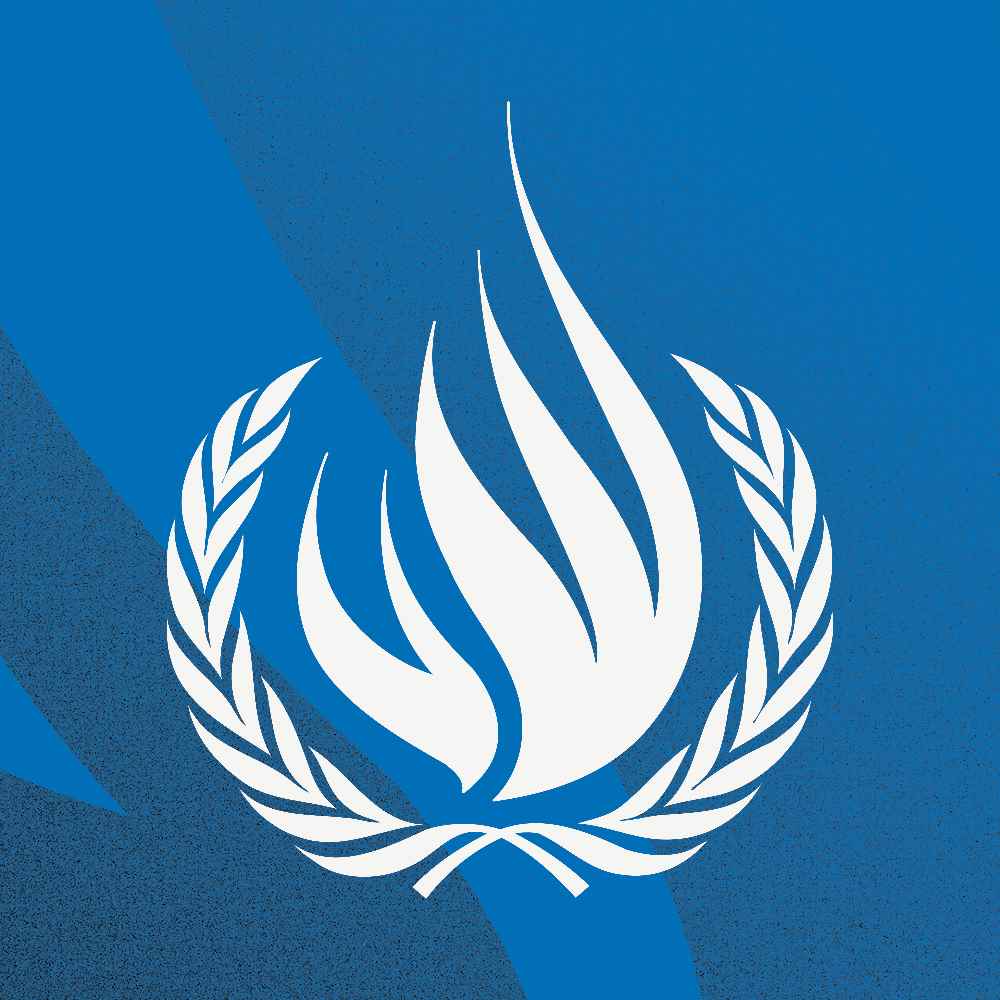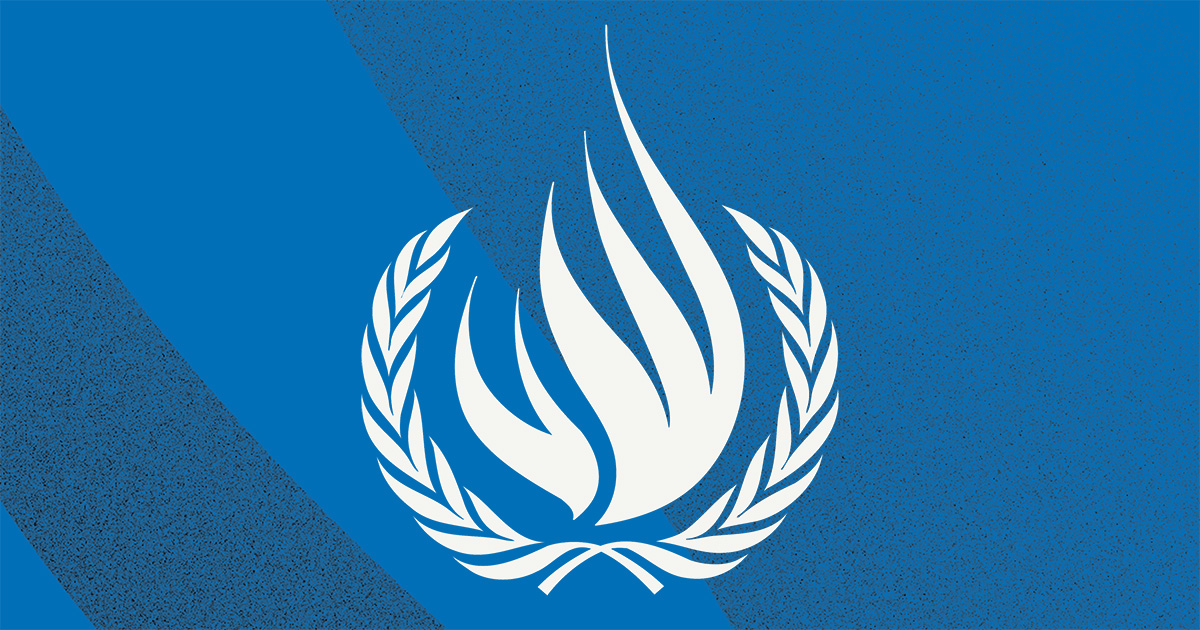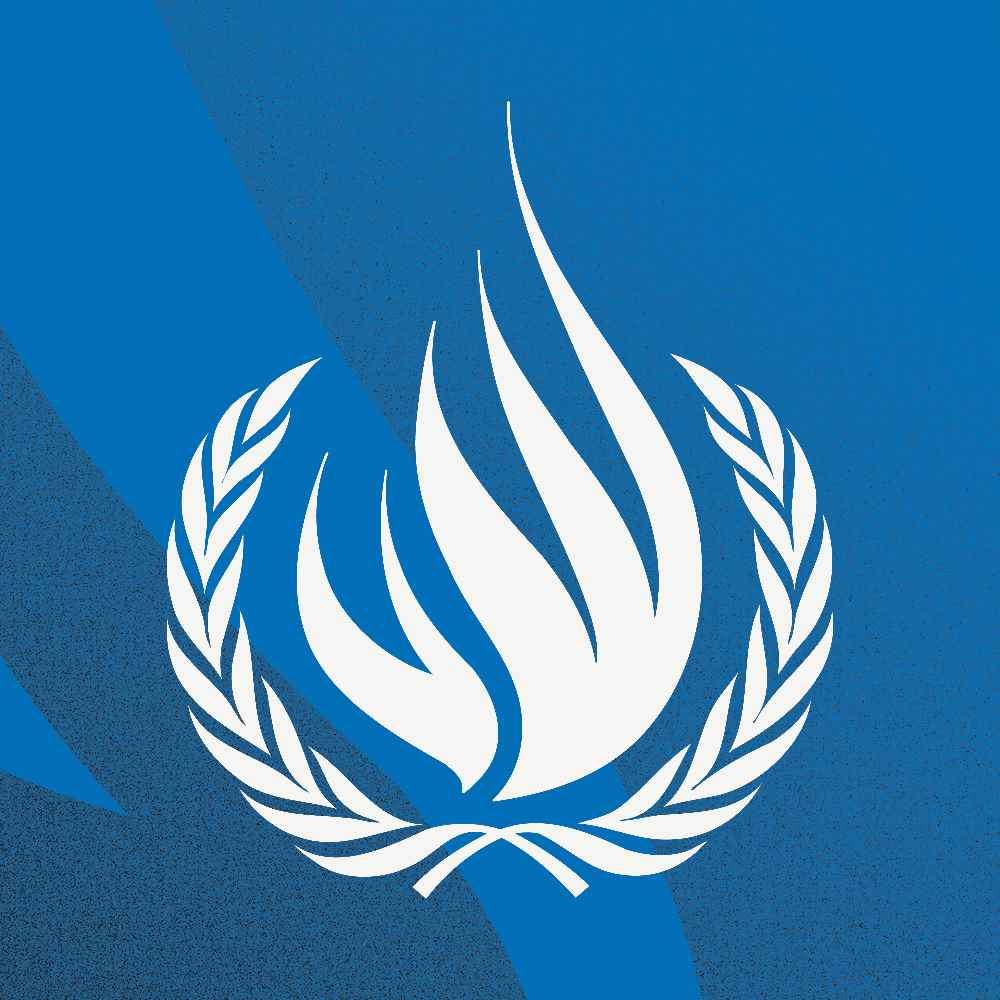
The Committee against Torture this morning opened its eightieth session, which is being held in Geneva from 8 to 26 July, during which it will review efforts by Côte d"Ivoire, Ecuador, Republic of Korea and Türkiye to implement the provisions of the Convention against Torture and other Cruel, Inhuman or Degrading Treatment or Punishment.
Antti Korkeakivi, Chief of the Anti-Torture, Coordination, Capacity Building and Funds Section, Human Rights Treaties Branch, Human Rights Council and Treaty Mechanisms Division at the Office of the High Commissioner for Human Rights, and Representative of the Secretary-General, opening the session, welcomed the joint statement of the Committee against Torture, the Subcommittee on Prevention of Torture, the Special Rapporteur on Torture and the Voluntary Fund for Victims of Torture, published on the International Day in Support of Victims of Torture on 26 June 2024, calling for accountability for perpetrators and justice for victims of torture. The statement highlighted that despite progress, the promise of the international prohibition of torture had yet to be fulfilled, as many regulatory and practical obstacles and impediments continued to hamper effective investigations into the crime of torture. The Office of the United Nations High Commissioner for Human Rights would continue to support the Committee’s efforts in this regard.
Commemorations of the fortieth anniversary of the adoption of the Convention against Torture and other Cruel, Inhuman or Degrading Treatment or Punishment, which fell on 26 June, were in full swing, Mr. Korkeakivi said. Anniversary activities would culminate in a high-level event at the next session on 14 November.
Mr. Korkeakivi said that the Office of the High Commissioner continued to actively support efforts to strengthen the treaty body system, which was also the key topic at the thirty-sixth annual meeting of the Treaty Body Chairpersons held in New York 10 days ago. The Chairs made important progress in aligning working methods, and advocated together for enlarged support for the implementation of the treaty body strengthening process. Mr. Korkeakivi expressed hope that the Chairs’ engagement with Member States would contribute to preparations of a biennial General Assembly resolution on the treaty body system, due to be adopted later this year, and thereby facilitate an impactful, efficient, coherent and sustainable treaty body system.
Mr. Korkeakivi said he appreciated the Committee’s continued commitment to pursuing its instrumental role despite the challenging circumstances. In addition to the usual resource constraints, this year the United Nations Secretariat’s liquidity crisis had further hampered the planning and implementation of the Committee’s work, a point that the Chairs communicated forcefully during their meetings with Member States and other interlocutors in New York. The Office of the High Commissioner was doing its utmost to ensure that the treaty bodies could implement their imperative mandates, including by highlighting the direct impact that resource limitations had on human rights protection on the ground. Despite continuing resource challenges, the Office had been able to secure funds for the organisation of all the Committee’s plenary sessions this year, including the third session that would take place in October and November.
In closing, Mr. Korkeakivi expressed the Office"s strong support for the Committee’s activities in this anniversary year and beyond and wished it every success in its work for this session.
Claude Heller, Committee Chairperson, said that during the session, the Committee would conduct in-person dialogues to review the reports of Côte d"Ivoire, Ecuador, Republic of Korea and Türkiye, as well as private meetings with national human rights institutes and non-governmental organizations from those States. He said that the cessation of non-mandated hybrid meetings continued to negatively impact the work of Committee members, civil society organizations, national human rights institutions, national preventive mechanisms, United Nations entities and other stakeholders.
Further, Mr. Heller reported, the Committee would, during the session, consider 31 individual communications. It would consider 12 communications on the merits, one on admissibility, as well as 18 requests for discontinuance of communications.
On Tuesday, 23 July, follow-up reports would be presented by the Committee’s Rapporteur for follow-up to concluding observations and by the Committee’s Rapporteur for follow-up on decisions adopted under article twenty-two, and the Committee’s Rapporteur on reprisals would also present cases and allegations of reprisals. The Committee would also hear a presentation from the Chair of the Subcommittee on Prevention of Torture and Other Cruel, Inhuman or Degrading Treatment on the Subcommittee’s seventeenth annual report in a public meeting on 23 July. Further, on 22 July, the Committee would meet in private with representatives of the Convention against Torture Initiative.
In closing, Mr. Heller thanked States, national human rights organizations, civil society organizations, in particular the World Organization against Torture, and the Secretariat for their support of the Committee.
During the meeting, the Committee adopted its provisional agenda for the session.
Documents relating to the Committee’s work, including reports submitted by States parties, will be available on the session’s webpage. Summaries of the public meetings of the Committee can be found here, and webcasts of the public meetings can be found here.
The Committee will next meet in public on Tuesday, 9 July at 10 a.m. to consider the eighth periodic report of Ecuador (CAT/C/ECU/8).







